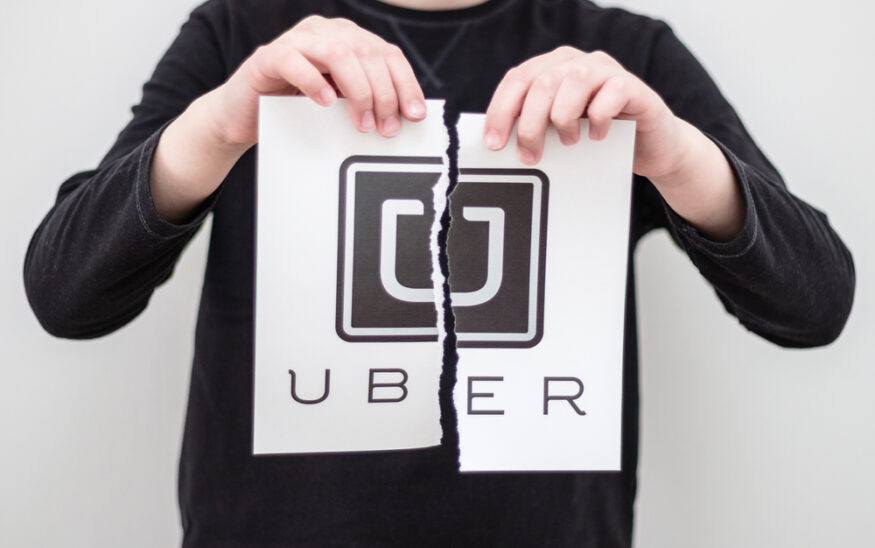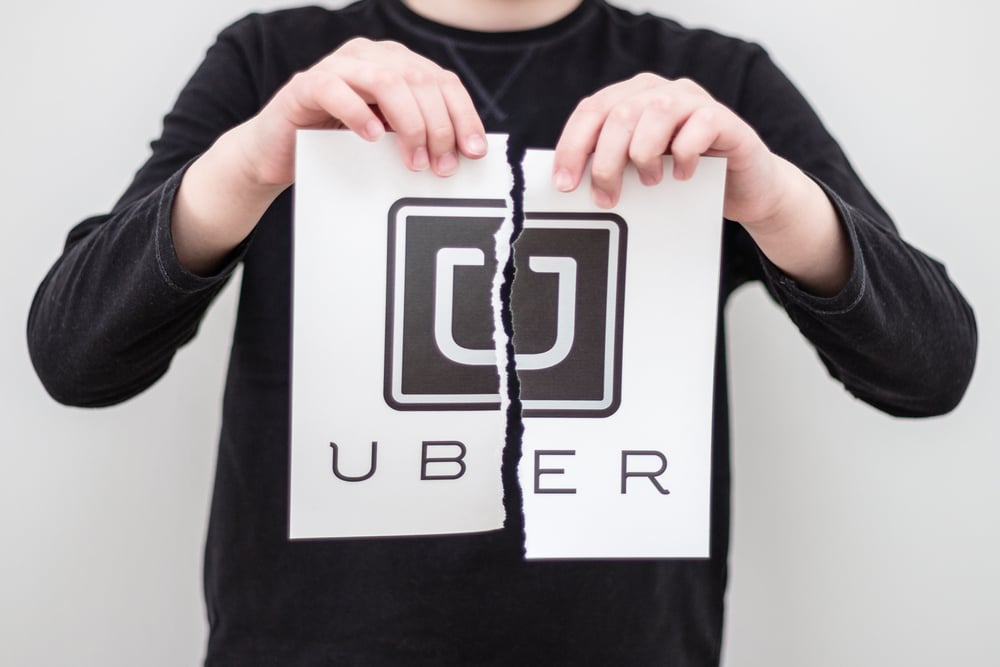4 reasons not to run your company like Uber
Culture problems can permeate even the most successful organizations – Here's how to avoid the problems
Steven L. Blue //July 11, 2017//


4 reasons not to run your company like Uber
Culture problems can permeate even the most successful organizations – Here's how to avoid the problems
Steven L. Blue //July 11, 2017//

Right now, company culture is being defined by one four-letter word: Uber.
And it seems Uber is attempting to fix its toxic culture. However, that’s not the case if you dig an inch beneath the surface. The car-share service provider is only doing damage control on the myriad of sexual harassment claims – the issue with the most financial liability.
Uber is looking to former U.S. Attorney General Eric Holder to lead the investigation and a human resource consultant to “fix” the culture problem. The fact is, lawyers don't have a clue about culture, and human resources experts are often unaware of how to tackle these issues publicly.
The human resources consultant will have little to no authority to do anything. If Uber’s now former CEO and co-founder Travis Kalanick, thinks his culture problem is limited to sexual harassment, he is absolutely wrong. He has a culture that has all the elements of toxicity and here are the four most lethal:
- Profit at all cost above everything else.
This is a sure-fire recipe for disaster. This is particularly true when the profit targets are unreasonable. It leads people to cook the books as witnessed by Wells Fargo when it defrauded millions of customers in 2015. In Uber’s case, it leads people to conceal problems for fear of losing money.
2. Hubris resulting from too much success too fast. Uber started with a good idea and a market need, resulting in phenomenal success. But its accomplishments turned to arrogance and blinded the team to developing a culture firestorm. There was a collective mentality that the organization could do no wrong. If nothing’s wrong, there is nothing to fix. That is one reason Uber hasn’t fixed its culture problem.
3. Treating employees as depreciable assets instead of renewable resources. This is almost certainly the case with Uber. And it goes well beyond sexual harassment. I once talked to an Uber driver who expressed great dissatisfaction with the way she was treated by the company. As one example, when an Uber driver gets a notice about a pick-up, they have no idea if it is a 10-minute or two-hour job until after they accept the assignment. The point is Uber treats its drivers just like depreciable machines, and there is no reason to tell a machine how long it will run today.
4. Telling employees half-truths and hoping the other half doesn't show up. When employees are left in the dark, they make stuff up around the water cooler. And usually what they make up isn’t half as bad as what is really going on. I always say,
“Trust in truth.”
Tell employees the bone honest truth all the time and they will trust you, and they will follow you. Employees won’t trust you if they feel you are keeping something from them. And that leads to them turning to lawyers or labor unions for help.
Bottom line: Travis Kalanick isn’t part of Uber's culture problem. He is the problem. He owned the culture. He built it. Or perhaps he ended up with what I call a “culture by default,” as many organizations do. In either case, he can't change it now.
Uber doesn’t need lawyers or happiness consultants to fix their culture problem. It needs a new CEO and now it’s going to get one. The first order of business for the new executive should be to dig in and figure out what Uber’s culture really is. As they say, you can’t fix something until you know what is broken. Only after this assessment is made will Uber know the full extent of its culture problem. Some cultures are so ingrained and pervasive they can't be fixed. I suspect Uber is one of them.



























